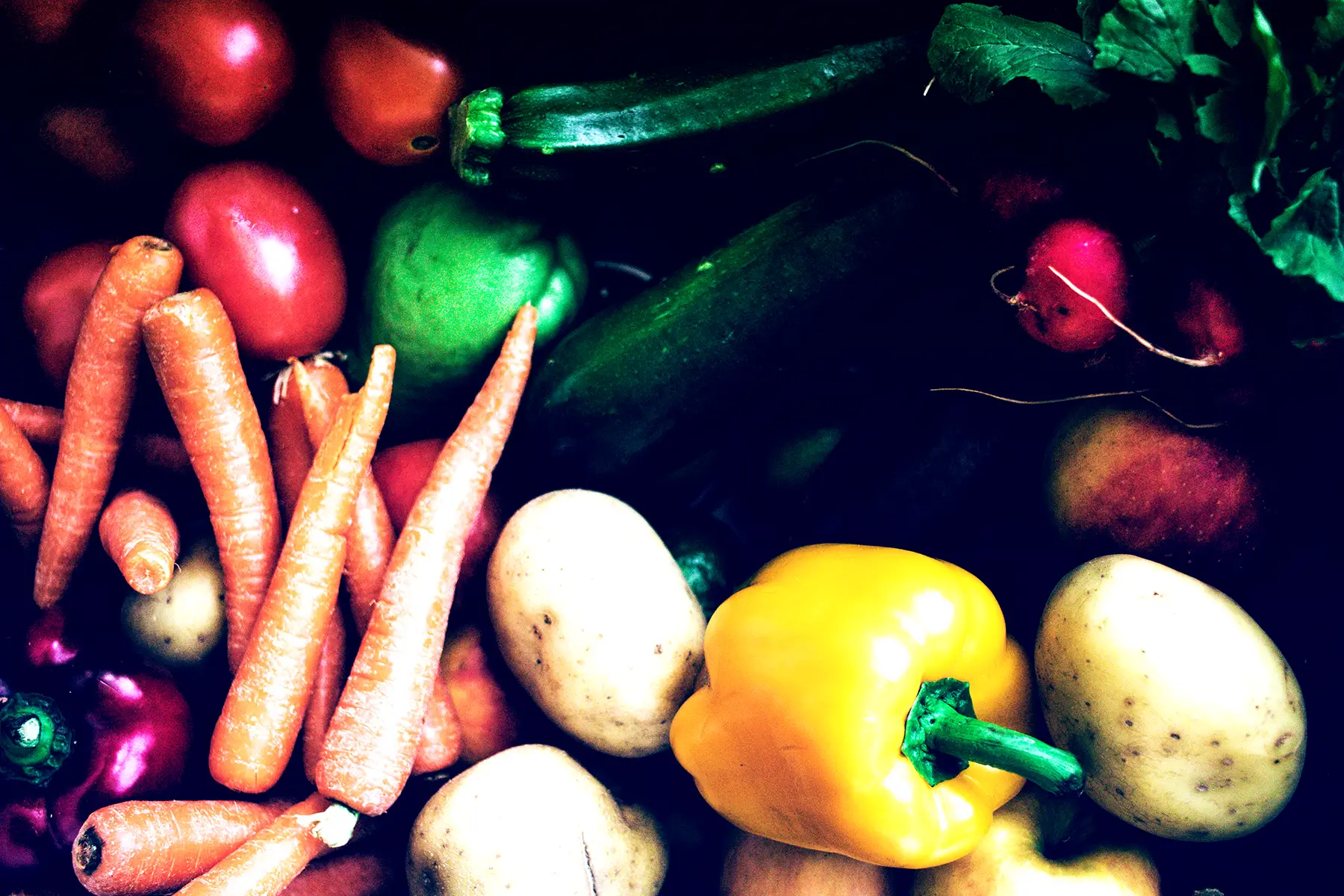Obesity is a growing public health issue, with studies linking ultra-processed food (UPF) consumption to increased risks of obesity, cardiovascular disease, type 2 diabetes, and cancer. This article explores a 12-month follow-up from a randomized controlled community trial in Brazil, assessing the effects of UPF intake on weight in participants engaged in a health promotion program encouraging fruit and vegetable consumption.
Overview
- What did they test? The study was a 12-month follow-up of participants in a randomized controlled community trial in Brazil, assessing the effects of UPF intake on weight in participants engaged in a health promotion program encouraging fruit and vegetable consumption.
- What did they find? A higher percentage of calorie intake from ultra processed food led to significant weight gain over the trial period. The nutritional intervention (increasing fruit and vegetables) was not sufficient in preventing weight gain due to the excessive consumption of other ultra processed food.
- What does it mean for you? If you are looking to maintain a healthy weight, the findings emphasize that simply eating healthier food options is not enough if UPF intake remains high, suggesting that reducing UPF consumption is crucial for effective weight management.
What’s The Problem?
Purpose
Obesity is a major public health concern that continues to be on the rise. Several prospective and cross-sectional studies have shown positive associations between UPF consumption and the risk of overweight or obesity, cardiovascular disease, type 2 diabetes, and cancer 1. As such, the consumption of UPFs has been a growing concern.
Ultra processed foods are defined by the Nova food classification system as ‘formulations of ingredients, mostly of exclusive industrial use, typically created by a series of industrial techniques and processes (hence ‘ultra-processed’)’, ‘formulated mostly or entirely from substances extracted from foods or derived from food constituents’ and ‘…made possible by use of many types of additives, including those that imitate or enhance the sensory qualities of foods or culinary preparations made from foods’ 2.
While there is growing evidence to suggest UPF consumption and adverse health effects as mentioned above, there have been few studies evaluating the role of UPF consumption on weight within real life community public health interventions.
Therefore, in this article, we will look at the results of a 12 month follow up of participants in a randomized controlled community trial that aimed to assess how UPF intake influences weight among participants engaged in a health promotion program that encouraged fruit and vegetable consumption in Brazil.
Hypothesis
The authors hypothesised that focusing on a single Nova group may not be enough to achieve successful weight loss outcomes.







